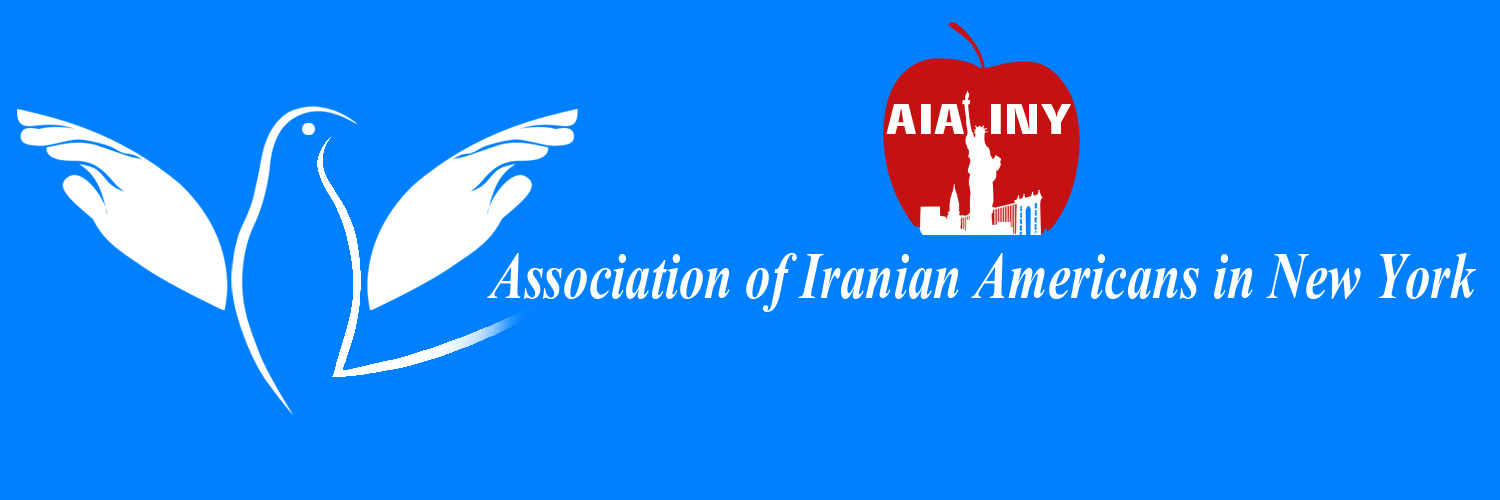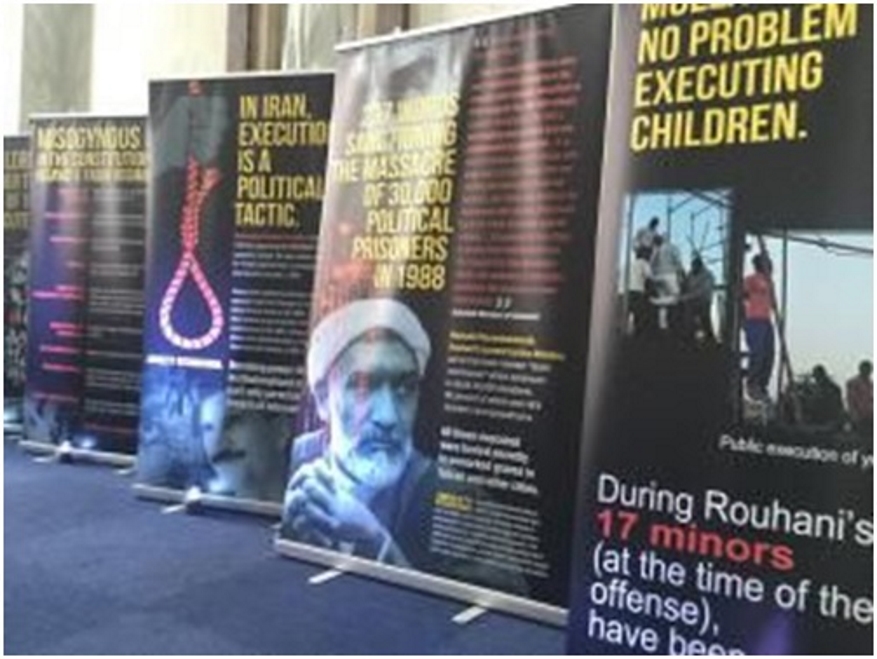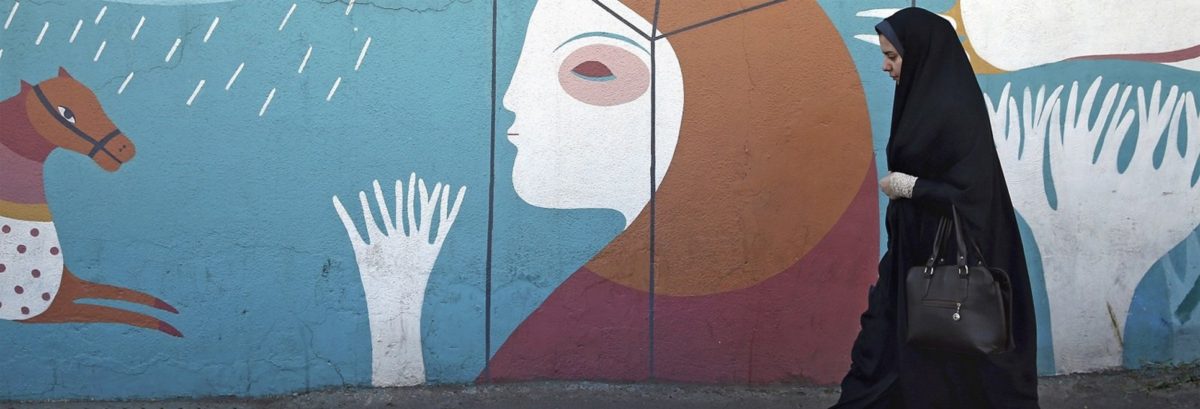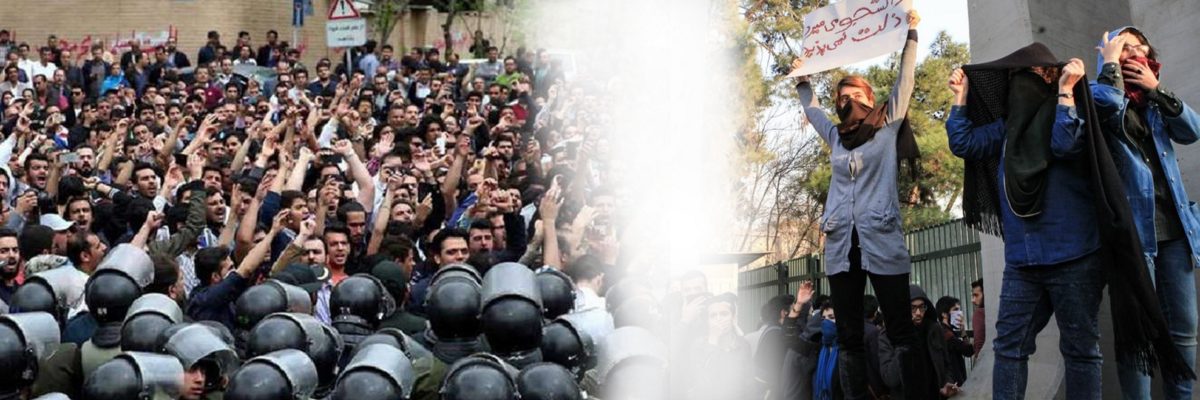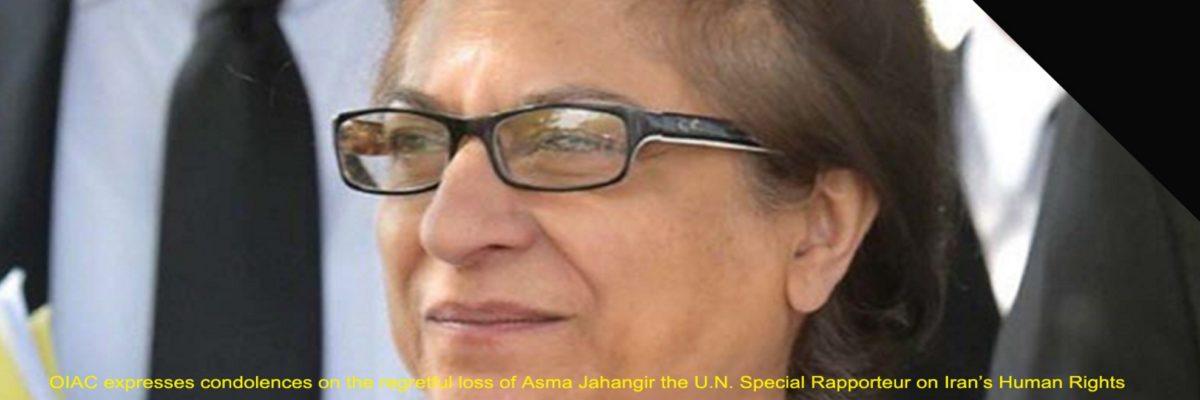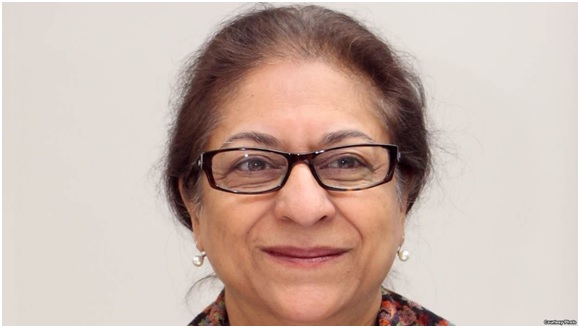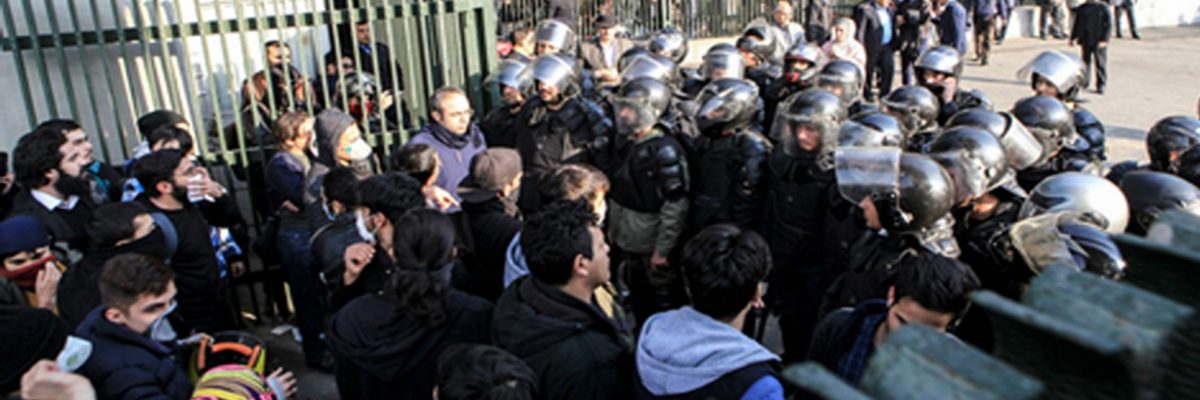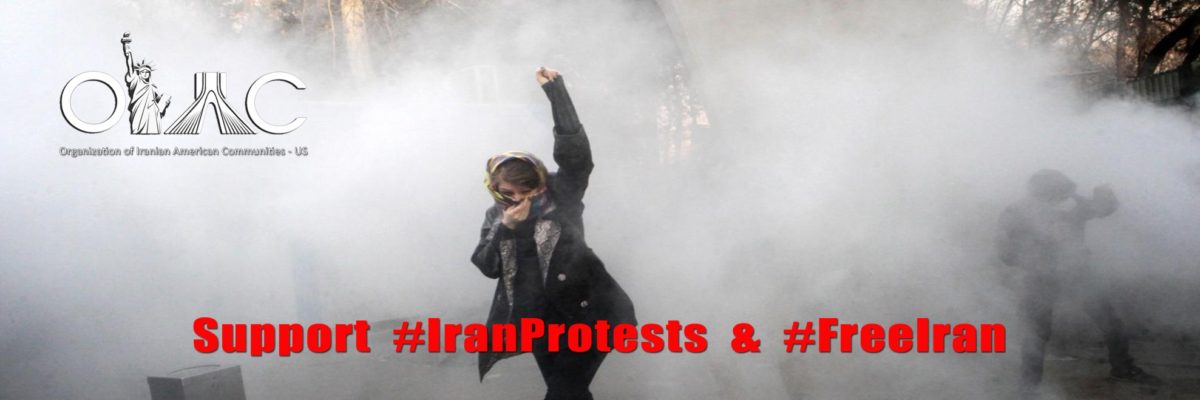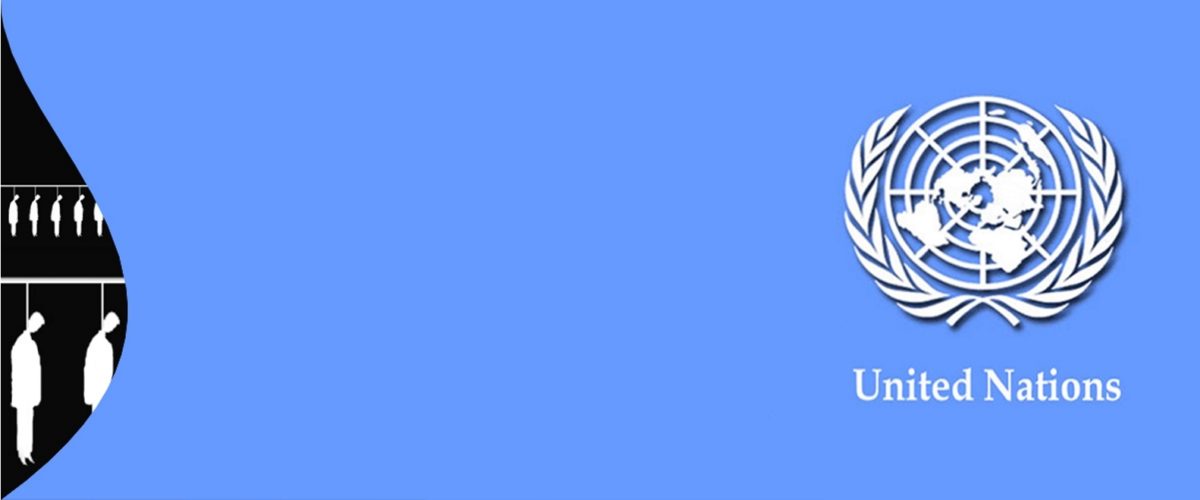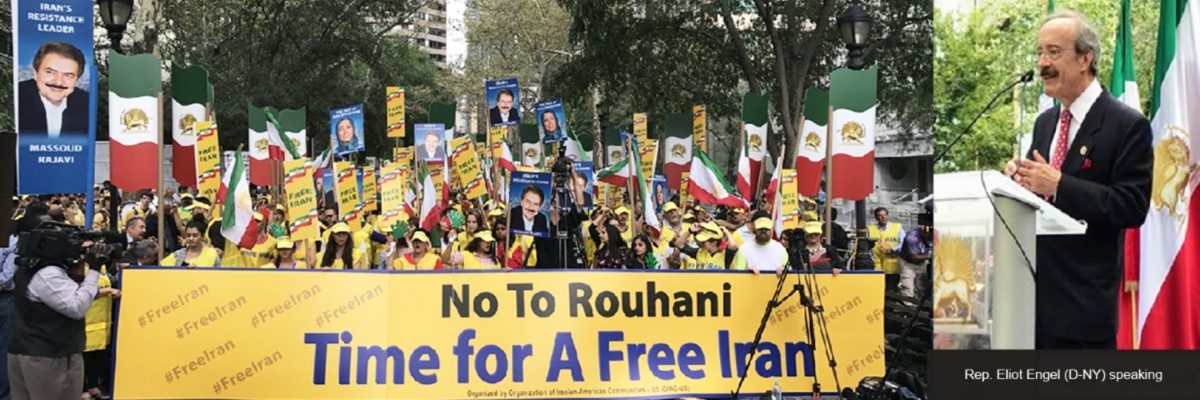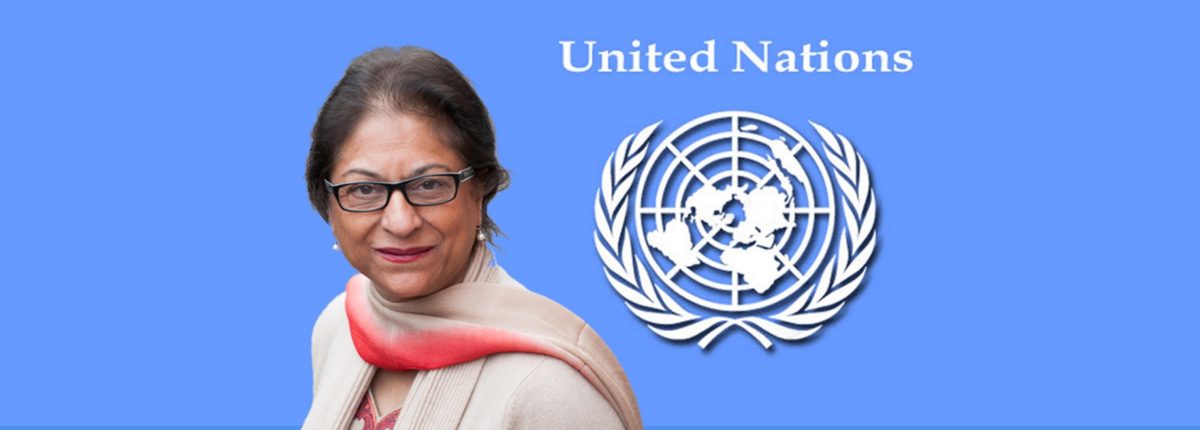
By Mehrnoush Cheragh Abadi | EQUAL TIMES
9 April 2018
“Dedicating [only] one day to the labourer, is as though we dedicate [only] one day to the light, [or only] one day to the sun,” said Ayatollah Khomeini, Iran’s first Supreme Leader. “Every day is the day of the light, and every day is the day of the sun,” he continued, on the occasion of first May Day celebrations after the 1979 revolution in Iran.
But it has been 39 years since the revolution and Iran’s working people are still waiting for their moment in the sun. Independent trade unions are banned, workers in public companies have to wait months for their wages, labourers in the private sector work under precarious conditions, and if unionists demand their rights, they are silenced with an iron fist.
“[It was] only during the first two years after the revolution when the labour movement had a chance to flourish in Iran,” says Canada-based Iranian labour activist Mehdi Kouhestaninejad.
But like all autocratic regimes, the Iran government feels threatened by any attempts to secure the basic rights of its citizens. The more time that passes from the 1979 revolution, the more scared the Iranian government has become.
“When the Islamic regime intensified its brutal crackdown on the opposition in the early 1980s, workers’ activists and unionists were not exempt from the horrendous suppression,” Kouhestaninejad adds.
Today, workers in Iran have no guarantee or protection of their rights. As Jamshid Ahmadi, an Iranian activist working with the Union of Metalworkers and Mechanics of Iran (UMMI) told the global trade union federation Industrial in 2014:
“In Iran only Islamic labour councils are accepted but they are not trade unions – they are tripartite organisations bringing together the Ministry of Labour, the employers and some selected workers based on their loyalties and religious affiliations to the government. As a result, they are inappropriate and ill-equipped to deal with the demands and needs of Iranian workers.”
Furthermore, according to the 2017 International Trade Union Confederation (ITUC) Global Rights Index, any collective action by Iranian unionists “is repressed with violence and strikes are impeded by security forces, riot police and the militia.”
Owen Tudor, head of international relations at the UK’s Trades Union Congress (TUC) tells Equal Times:
“Iran likes to portray itself as a theocratic democracy, run according to Islamic principles. In reality, it is a kleptocracy, where the people in power use their authority to steal from working people.”
One of the main issues that Iranian workers face is the late payment of wages. Over the last decade, it has become normal for employers to be consistently late in paying its employees, due in part to the international sanctions against Iran, but also to the high levels of corruption in the country.
Iranian workers have no recourse to justice. “No law supports the workers. They are not allowed to establish unions, and the entire economy – regardless of being private or public – is run buy the Revolutionary Guard [a powerful subset of the country’s military],” Kouhestaninejad adds. “In such conditions, workers are not only deprived of their wages but of their basic rights, too.”
In 2017, over 600 workers at the Forghani Textile Group worked unpaid for five months. Forghani is a large industrial group that consists of five companies exporting its products to south-east Asia.
Another large firm, Faravardehaye Roghanie Iran Company (FRICO), which produces vegetable oil, failed to pay its workers for four months, and on 25 February 2018, workers at the Qazvin Foolad Company demonstrated against delayed payments and benefits of about three million Tomans (about US$800).
Successful collective actions
Despite serious attacks on trade union rights in Iran, the arbitrary arrests of unionists and long prison sentences for leading union activists, independent trade unions continue to fight for the rights of Iranian workers. One recent example of such efforts is the successful strike at the Haft Tapeh Sugarcane Plantation and Industry Company.
On 2 December, workers at Haft Tapeh, a company with 5,700 employees and an estimated turnover of US$100 million, went on strike to demand overdue benefits and wages. Finally, on 21 February, after over two months of strikes and protests, the company paid all delayed payments to its employees.
“The Haft Tapeh workers won their back wages through the classic methods of collective action,” explains Peter Rossman, director of international campaigns and communications at the International Union of Food Workers (IUF).
In Rossman’s opinion, the workers at Haft Tapeh were successful because “they refused to be divided”, “they were clear in their demands”, and “they refused to be provoked in the face of the brutality of the management and the local authorities”.
This was not the first strike in Haft Tapeh, an archaeological site in southern Iran, whereupon the industrial complex was built. In 2008, workers established an independent union at the company, and since then, the name ‘Haft Tapeh’ has become synonymous with protest-related news.
For Rossman, the success of its most recent strike action underscores the importance of unions in industrial relations in Iran.
“Ultimately, the company [Haft Tapeh] was forced to yield, which is a form of de facto recognition that the union exists, that it speaks for the workers and that the company cannot ignore them,” Rossman emphasises.
Meanwhile, protests against working conditions have not been limited to Haft Tapeh. On 5 February, workers at the Heavy Equipment Production Company (HEPCO) protested in the central city of Arak, demanding six months of unpaid wages. On 23 February, a group of workers at the Iran National Steel Industrial Group in the southern city of Ahwaz held a protest calling for four months’ unpaid salaries for 4,000 workers.
A week later, 10 workers were arrested by security forces during night-time raids conducted on their homes. A day after the Ahwaz protest, workers at the Orumieh Steel Group demonstrated in the western city of Orumieh, also for unpaid wages.
Over the past two decades, consecutive governments have witnessed countless protests and strikes by labourers, drivers, teachers, merchants in grand bazaars, and even goldsmiths. In contrast with previous industrial actions, the most current labour strikes have attracted enormous international attention because they coincided with the wave of anti-government protests that rocked Iran in December 2017 and January 2018.
After harsh suppression by the government, the social protests did not last long. However, Iranian unionists and labour activists have not stopped the fight for their rights, despite facing persecution and incarceration.
Unionists in prison
“Without question, workers’ rights are human rights,” says Amnesty International’s Iran researcher Nassim Papayianni. “By criminalising peaceful trade union activities and banning the formation of independent trade unions, the Iranian authorities are flagrantly violating their human rights obligations under international law.”
In Iran today, a number of union leaders are serving long prison sentences. Esmail Abdi of the Iran Teachers’ Trade Association is currently in jail, serving a six-year prison sentence on trumped-up charges of national security offences after organising protests. A board member of the Syndicate of Workers of Tehran and Suburbs Bus Company, Reza Shahabi, is another unionist who spent five years in prison on the same charges as Abdi. Shahabi was finally released on 13 March 2018.
Other Iranian labour activists, such as Mansour Osanlou now living in the United States, were forced to leave Iran after their imprisonment. In 2015, Shahrokh Zamani, a jailed member of the House Painters Workers’ Union in Iran, died of a stroke after prison authorities refused him medical treatment.
“These workers and trade unionists are human rights defenders,” Papayianni explains to Equal Times. “They are striving to ensure the right of everyone to form and join trade unions, and to enjoy just and favourable conditions of employment, social security and an adequate standard of living.”
In response to recent pressure on union activists, Amnesty International is calling on Iran to “quash the harsh prison sentences that have been handed down to trade unionists” and for the authorities to “lift their repressive and unlawful ban” on independent trade unions.
Meanwhile, in the light of current events in Haft Tapeh, the question for Iranian unionists is what steps should they take to protect their basic rights in a struggle with employers who enjoy the full support of the government and the judiciary?
“Other trade union movements around the world have faced similar obstacles and challenges to those in Iran,” Tudor says. “The long traditions of worker organisation have clearly given the Iranian working class a head start.
“In Zimbabwe,” he concludes, “our colleagues in the ZCTU [Zimbabwe Congress of Trade Unions] say ‘It is darkest before dawn, the struggle intensifies’ and that also applies in Iran. The bravery and commitment of those who run the trade unions that struggle even to exist in Iran inspires confidence in the future, as well as respect.”
https://www.equaltimes.org/iranian-workers-are-not-only#.WsuEDYjwZPa
